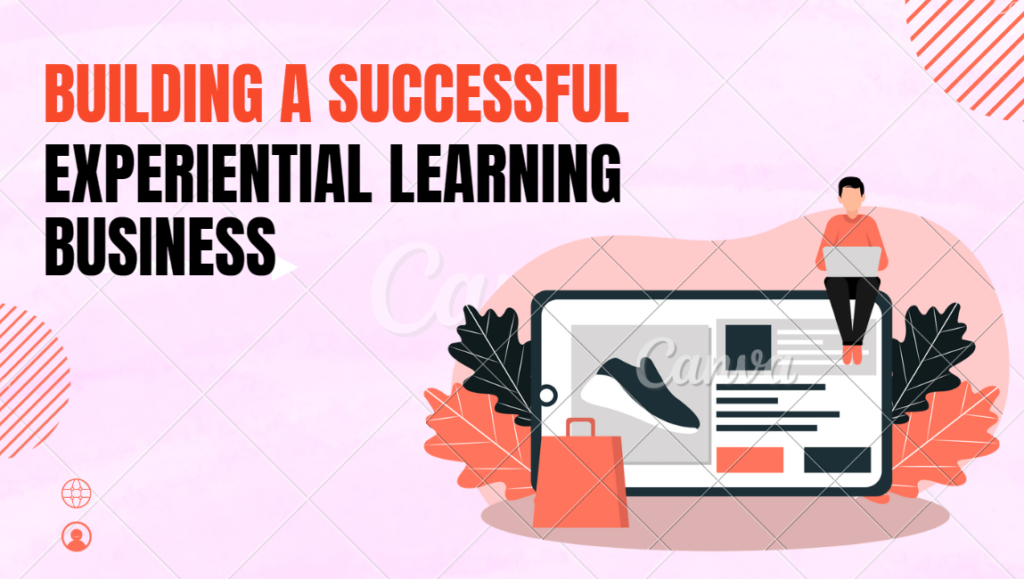Self-Help Through Experiential Learning

Engaging the Senses:
We’ve covered a lot of ground – from traditional book writing to ethical considerations. But what if you crave a more immersive approach to self-help? Let’s explore experiential learning and how it can revolutionize self-improvement journeys:
- Workshops with a Twist: Move beyond traditional lecture-style workshops. Design interactive workshops that incorporate movement exercises, mindfulness practices, or creative activities. This allows participants to learn through experience and solidify their understanding.
- Nature-Based Self-Help: Embrace the power of nature. Organize self-help retreats or workshops that incorporate elements like hiking, yoga in natural settings, or guided meditations outdoors. Connecting with nature can foster self-awareness and promote emotional well-being.
- Art Therapy and Self-Expression: Integrate art therapy techniques into your self-help approach. Encourage readers or workshop participants to express themselves through journaling, painting, or other creative outlets. This can unlock deeper insights and facilitate emotional processing.
- Mindfulness and Meditation Practices: Incorporate mindfulness exercises and meditation techniques into your self-help programs. These practices can improve self-awareness, reduce stress, and enhance overall well-being. Offer guided meditations or partner with mindfulness experts to create a well-rounded experience.
Technology and Immersive Learning:
- Virtual Reality (VR) Applications: Imagine VR experiences that allow individuals to practice social interactions, confront anxieties in a safe space, or visualize positive outcomes. VR has the potential to create powerful self-help tools for the future.
- Biofeedback and Wearable Technology: Biofeedback tools can provide real-time data on stress levels, heart rate, and other physiological responses. This data can be used to guide self-regulation techniques and promote emotional well-being.
The Benefits of Experiential Learning:
- Deeper Engagement and Retention: Experiential learning fosters deeper engagement with self-help concepts. By actively participating in activities and exercises, individuals are more likely to retain information and translate it into lasting change.
- Unlocking Unconscious Patterns: Experiential learning can bypass the conscious mind and tap into unconscious patterns of behavior holding individuals back. This can lead to more profound breakthroughs and self-discovery.
- Building a Supportive Community: Experiential learning can create a sense of community and shared experience among participants. This can be incredibly motivating and lead to long-term support networks for ongoing growth.
Challenges and Considerations:
- Accessibility and Cost: Experiential self-help programs might be costlier than traditional formats. Consider offering sliding scales or scholarships to ensure accessibility for a wider audience.
- Finding Qualified Facilitators: Implementing experiential learning effectively requires qualified facilitators or therapists trained in these specific techniques.
- Technology Integration: While VR and wearables offer promise, ensure their use enhances, not replaces, human connection and personalized guidance.
The Future of Self-Help is Experiential:
Experiential learning holds immense potential for the future of self-help. By incorporating these elements, self-help authors and facilitators can create transformative journeys that go beyond intellectual understanding and empower individuals to experience positive change on a deeper level.
Remember:
- Tailor Your Approach: Consider your target audience and the specific goals of your self-help program when choosing experiential learning techniques.
- Focus on Safety and Well-being: Ensure all experiential learning activities are conducted in a safe and supportive environment that prioritizes participants’ well-being.
- Combine Techniques for a Holistic Approach: Experiential learning can be combined with traditional self-help methods like reading or journaling to create a comprehensive and well-rounded program for personal growth.
By embracing experiential learning and prioritizing a holistic approach, you can create a self-help experience that is not only informative but also transformative, empowering individuals to create a life filled with purpose, meaning, and lasting well-being.
